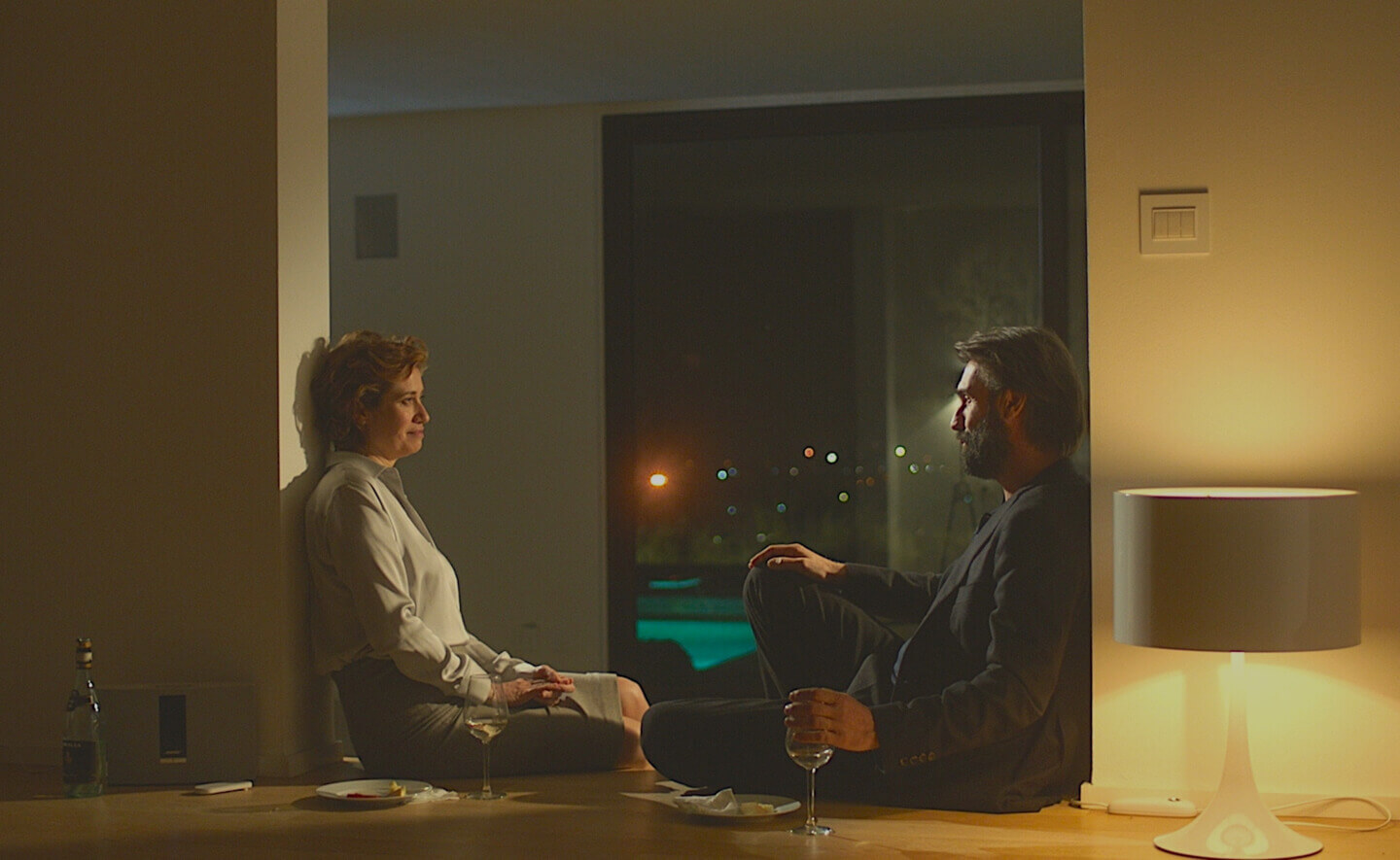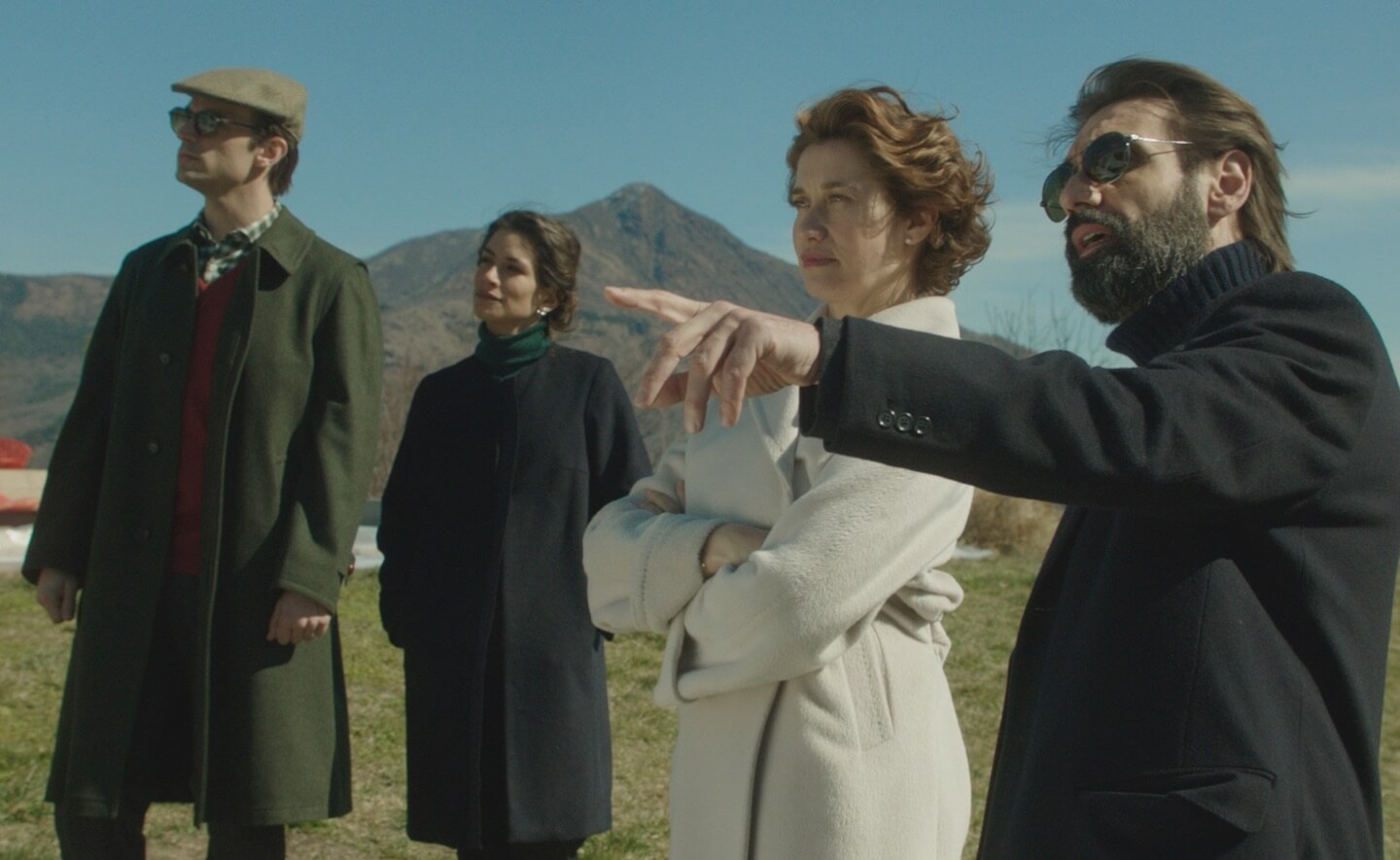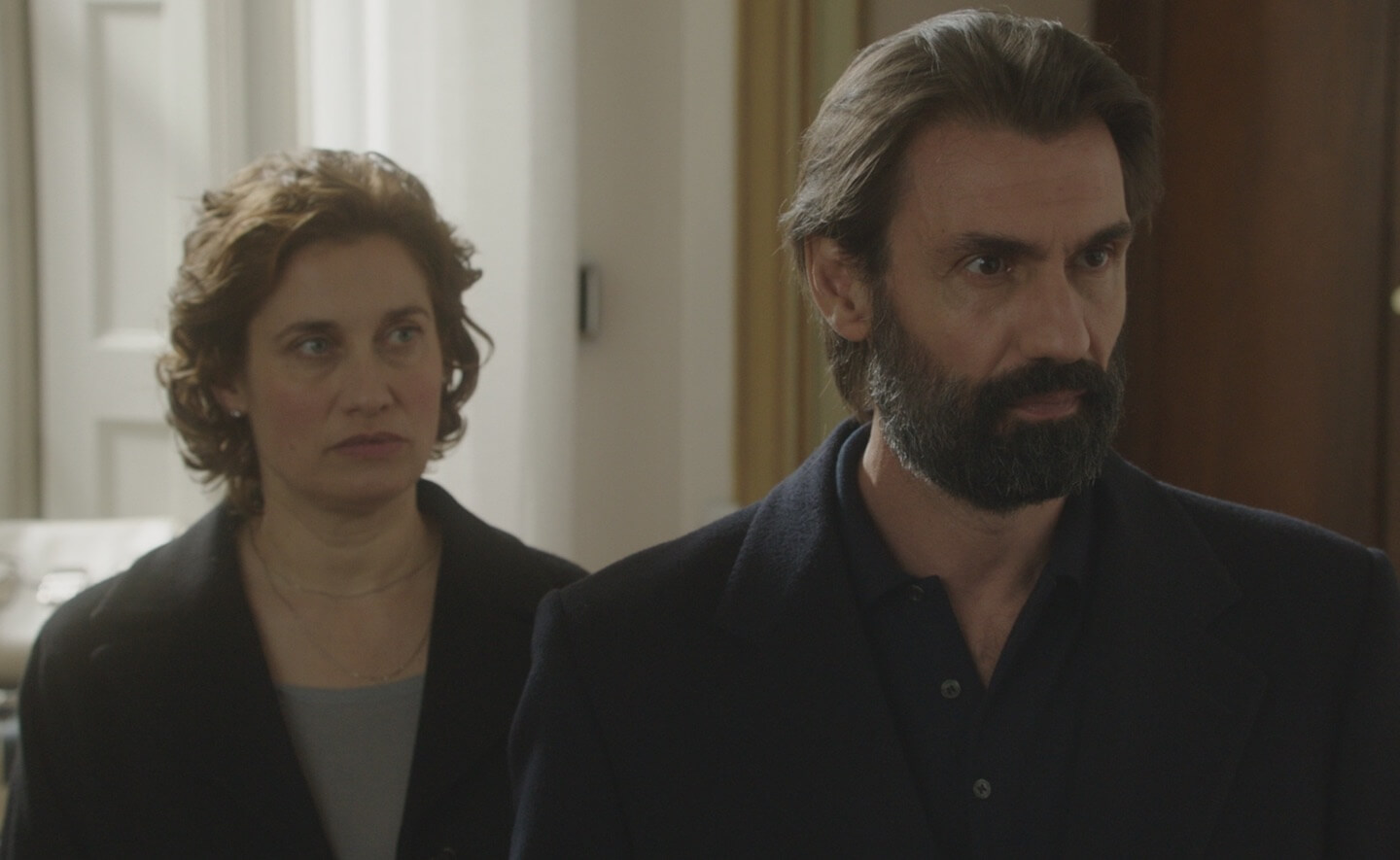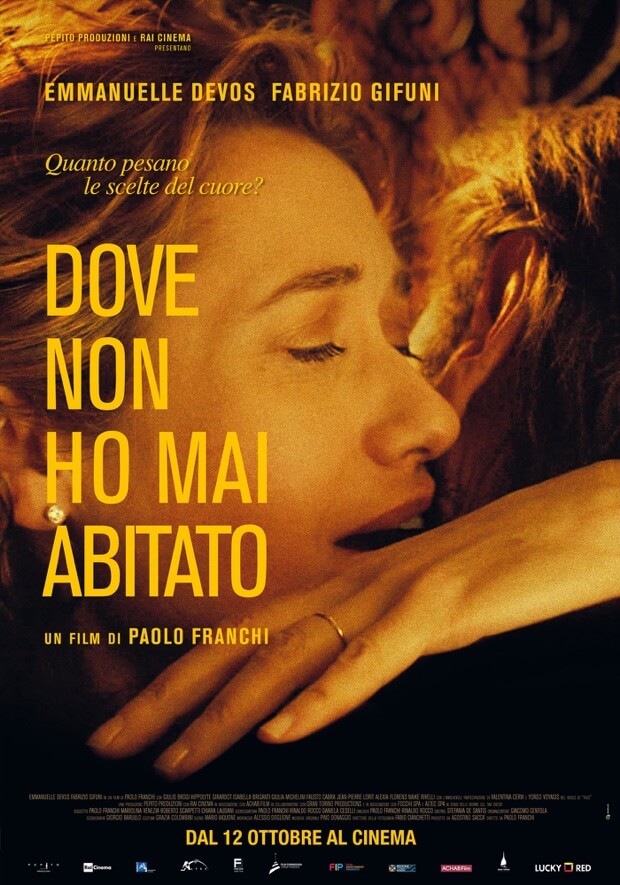Closing on fifty, Francesca is the only daughter of Manfredi, a famous architect, the widower of an equally famous designer who died when Francesca was still young. Perhaps it was also to escape the burdening figures of her larger-than-life parents that Francesca abandoned Turin, leaving a summa cum laude degree behind and a shining career as architect at her father’s studio. As of many years already she’s been living in Paris, apparently without regret and she has gotten married to a man many years her senior, with whom she’s had a daughter, and who probably provides the paternal security she still needs. Her rapport with Manfredi is sporadic at best, but every year, for his birthday, Francesca pays a visit. An accident that befalls her father will force Francesca, not at all reluctantly, to spend time in that Turin that she had long cancelled and removed from herself. To please her father, she gets to work on the project of a lakeside villa that needs to be restored, finding herself in this manner, rubbing elbows with Massimo, a man more or less her same age and the true “heir” of her father, a highly trusted collaborator at the architecture studio founded by Manfredi.
Massimo, who lives alone and for the most part leads a solitary existence, while entertaining a relationship with a woman based on autonomy and independence, sees nothing but trouble in Francesca’s intrusion into the studio. But by degrees, Francesca’s humility and frankness lead him to accept this collaboration, at first with detached curiosity and then ardent interest.
The commissioning couple of the lakeside villa has the enthusiasm and naiveté of youths in love and, involuntarily infuses new vitality into the somewhat unresolved and anxious lives of Francesca and Massimo who project themselves upon that couple with an oddly special, even protective, affection. In synch with the progress of the restructuring work on the house, there is a progression of complicity between the twosome which reaches its apex just as Manfredi suddenly and unexpectedly passes away. If Francesca has lost her father, Massimo has lost his master, the man who had immediately recognized and trusted his talent… The end of the work on the villa, will sling the architects even closer. And in those moments doubts and reciprocal regrets will surface…
Perhaps it is recognition, one in the other, of that missing half in their lives, that leads them almost by chance to find themselves alone in the just finished villa, as if it were hard to separate themselves from it, as if that house designed for others had also become “their house”… The two architects will spend the night there together, perhaps the finest night of love they have ever experienced… But the following day they will find themselves facing reality again, their choices, limitations, their small failures… more aware of what and whom they are, bitterly proud and disenchanted…


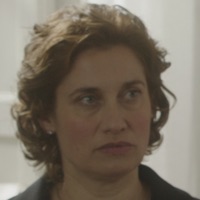 Emmanuelle Devos
Emmanuelle Devos 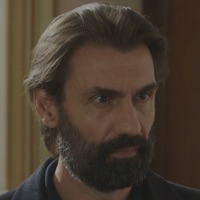 Fabrizio Gifuni
Fabrizio Gifuni 